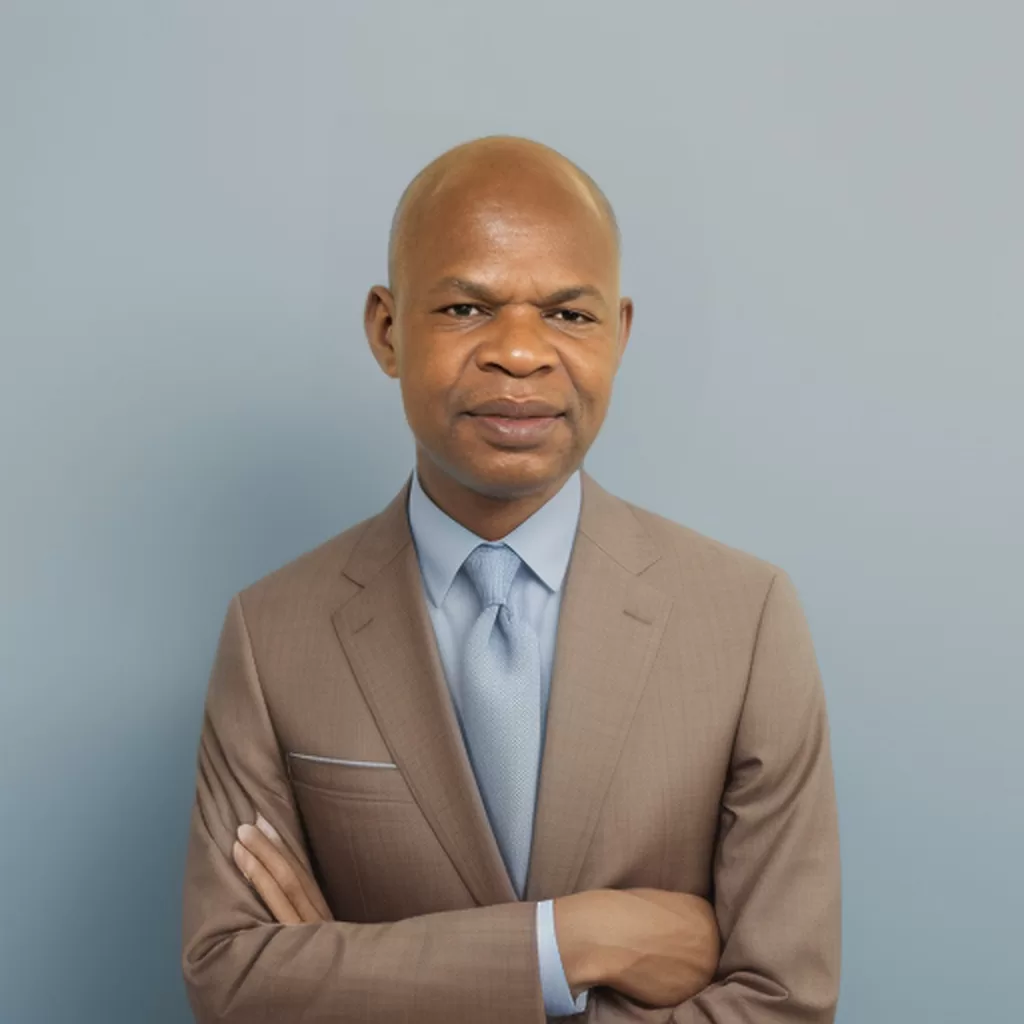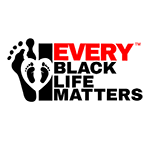Justice for Black Communities: A Perspective from Every Black Life Matters
Written by Contributing Author, Charles Wekesa

By Charles Wekesa
The real question for Black communities is this: Do we want a future where individuals rise through hard work, discipline, and perseverance, or do we want a system that dictates outcomes through intervention? The answer to that question will determine whether Black Americans continue to flourish as independent, self-sufficient citizens or remain bound by policies that weaken rather than empower.

Justice is a term we all recognize, but its meaning shifts depending on the lens through which it is viewed. In the context of Every Black Life Matters (EBLM), justice for Black communities in the U.S. extends beyond conventional legal definitions. Traditional justice, particularly in America, is based on the idea that the same rules and standards should apply to everyone, ensuring fairness through equal treatment. However, there is another concept—cosmic justice—which aims to equalize outcomes rather than opportunities. While this may seem like a noble goal, its consequences often hinder the very communities it seeks to uplift.
To illustrate this conflict, consider the education system. Under traditional justice, students are graded based on the same academic standards, meaning some will excel while others may struggle. In contrast, cosmic justice would seek to adjust grading criteria to ensure that students from disadvantaged backgrounds achieve similar outcomes. While this might sound fair, in practice, it lowers expectations and ultimately leaves students unprepared for real-world challenges.
The Incompatibility of These Two Approaches to Justice
One of the key distinctions between traditional and cosmic justice lies in the implementation. Traditional justice can be applied broadly by enforcing equal standards. Cosmic justice, however, requires a case-by-case approach, demanding extensive government intervention to adjust for disparities in outcomes.
A third party—typically the government—must decide whether an outcome is “fair”, often redistributing resources or opportunities in ways that create dependency rather than empowerment. This shift in focus from equal treatment to equal results distorts foundational principles of fairness.
EBLM’s Perspective on Government’s Role in Justice
At Every Black Life Matters we advocate for real justice—justice that empowers rather than handicaps Black communities. The government’s role should be limited, ensuring that rights and freedoms are protected rather than engaging in social engineering that undermines self-sufficiency. Philosophers like John Rawls argue that “undeserved inequalities call for redress,” suggesting that disadvantages—whether social, economic, or even biological—should be corrected through intervention. But this mindset creates a dangerous precedent of dependency.
Cosmic justice, or what some call social justice, attempts to correct not only systemic injustices but also natural inequalities. If some individuals are born into poverty or face disadvantages, cosmic justice suggests that the government must actively redistribute wealth and opportunities. This approach assumes that success must be artificially manufactured rather than earned.
The Real Consequences of Cosmic Justice
We see cosmic justice at play in various institutions. For example, some university admissions offices have eliminated standardized test requirements, arguing that disadvantaged students may not have had the same educational opportunities as others. However, removing objective measurements does not level the playing field—it removes it entirely.
Similarly, the Educational Testing Service (ETS) has altered how test scores are evaluated, adjusting for students’ social and economic backgrounds instead of focusing on actual academic performance. While well-intended, such policies can lead to lower expectations and diminished accountability, ultimately leaving students ill-equipped for success.
Personal Reflections: How High Standards Create Empowerment
Reflecting on his own upbringing, Every Black Life Matters co-founder Kevin McGary often recalls the rigorous educational expectations of the past. Teachers did not make exceptions based on background—they demanded excellence from all students. This strict approach ensured that students acquired the necessary skills to break free from cycles of poverty.
If, instead, McGary had been subjected to the modern-day conception of fairness, his education would have been diluted, and he may have never gained the tools necessary to succeed. Lowering standards in the name of fairness does not serve Black communities—it keeps them perpetually disadvantaged.
Many who endured these “unfair” educational practices went on to achieve great success. Those who embraced discipline and high expectations often became doctors, lawyers, and entrepreneurs. Would these same individuals have thrived under a system that prioritized equity over merit? Unlikely.
The Danger of False Fairness
One of the greatest risks in pursuing cosmic justice is the illusion of fairness. When society lowers the bar for Black students and professionals, it denies them the opportunity to compete at the highest levels. What seems compassionate in the short term becomes crippling in the long term.
For instance, affirmative action policies, while aiming to increase opportunities, often place students in academic environments where they are unprepared to succeed. As a result, many drop out or struggle unnecessarily, reinforcing negative stereotypes rather than dismantling them.
Lowering expectations and removing accountability does not empower Black individuals—it infantilizes them. Every Black Life Matters believes that true justice lies in ensuring that all individuals have access to opportunity—not in engineering outcomes.
The Broader Implications: Politics, Society, and the Tyranny of Ideology
The problem of cosmic justice extends beyond education and into broader economic and social policies. Many progressive policies, while intended to help Black communities, have instead weakened them. The expansion of government assistance programs, for example, has created generations of dependency, disincentivizing hard work and self-reliance.
Historically, Black wealth and entrepreneurship thrived in America when families, churches, and communities took ownership of their own progress. But with government intervention replacing community-driven solutions, Black Americans have been pushed into cycles of reliance rather than self-sufficiency.
The civil rights movement sought equal opportunity, not equal outcomes. Yet, today’s social justice advocates insist that justice requires forced redistribution, undermining the values of personal agency and responsibility.
At Every Black Life Matters, we warn against the dangers of ideological rigidity. Many who support cosmic justice refuse to reconsider its effectiveness, even when policies fail to produce real progress. This is because the feeling of moral superiority often overrides objective reality.
Why Traditional Justice Matters for Black Communities
While justice and equality are noble ideals, they must be practically achievable. Cosmic justice, by its nature, demands an impossible level of intervention, which often backfires. The choice is not between justice and injustice, but between a system that enforces fair standards and one that distorts fairness in pursuit of an unattainable ideal.
The real question for Black communities is this: Do we want a future where individuals rise through hard work, discipline, and perseverance, or do we want a system that dictates outcomes through intervention? The answer to that question will determine whether Black Americans continue to flourish as independent, self-sufficient citizens or remain bound by policies that weaken rather than empower.
For Every Black Life Matters, the solution is clear: Black excellence is not achieved by lowering the bar—it is achieved by raising it and ensuring that all individuals are equipped to meet it.




